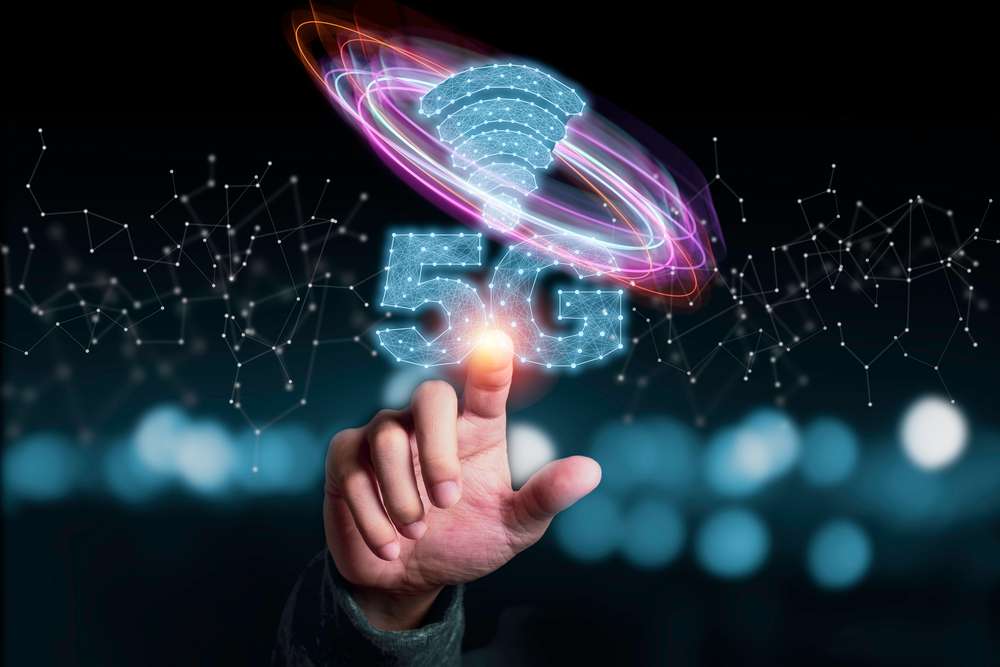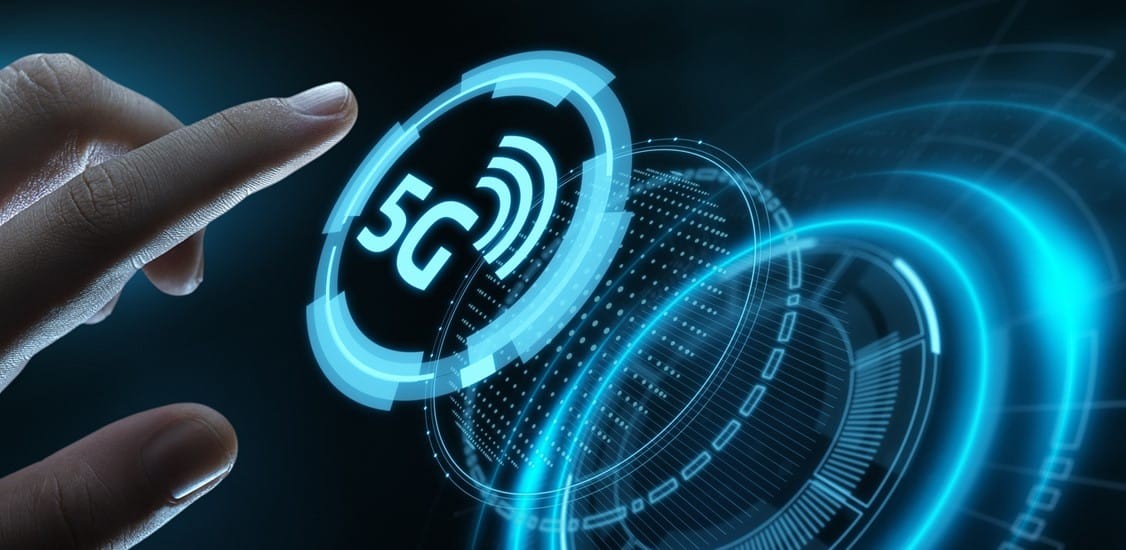5G technology is rapidly being rolled out across the globe, offering unprecedented speeds, low latency, and a level of connectivity that will reshape industries and the way we live. As 5G networks expand, it’s crucial to understand the potential impacts this technology will have on society. In this article, we’ll explore how 5G is revolutionizing various sectors, from telecommunications to healthcare, and its broader societal implications.
1. Faster and More Reliable Connections
One of the main benefits of 5G is its ability to provide faster and more reliable internet connections. With download speeds up to 100 times faster than 4G, users can download large files in seconds and stream high-definition videos without interruption. This will enable smoother experiences in everything from gaming and video conferencing to remote work and education.
2. Enabling the Internet of Things (IoT)
5G is a game-changer for the Internet of Things (IoT). With its low latency and high bandwidth, 5G enables a vast number of devices to be connected simultaneously. This opens up new possibilities for smart cities, autonomous vehicles, and smart homes. For example, smart traffic systems can optimize the flow of traffic in real-time, and connected devices in homes can communicate with each other to improve energy efficiency and security.
3. Transforming Healthcare
5G’s high-speed, low-latency capabilities will also revolutionize healthcare. Telemedicine, which has seen rapid growth during the COVID-19 pandemic, will become even more advanced with 5G. Doctors will be able to conduct high-quality video consultations with patients, perform remote surgeries using robotic technology, and analyze real-time health data from wearables. The speed of 5G networks will ensure that medical professionals can receive and respond to critical health information in real-time, potentially saving lives.
4. Boosting Augmented Reality (AR) and Virtual Reality (VR)
With 5G, augmented reality (AR) and virtual reality (VR) technologies will become more immersive and accessible. AR and VR applications, such as virtual training environments and immersive gaming experiences, will benefit from 5G’s low latency and high speeds. Industries like education, entertainment, and retail are expected to see significant innovations, offering users more interactive and engaging experiences.
5. Impact on Businesses and Industries
The introduction of 5G will have a profound impact on businesses across various sectors. In manufacturing, for example, 5G will enable smart factories with automated production lines and real-time monitoring of machinery. Retailers will use 5G to enhance in-store experiences with interactive displays and personalized offers. The financial sector will leverage 5G for faster transactions, and logistics companies will benefit from better tracking systems for inventory and deliveries.
6. Challenges and Considerations
Despite its many benefits, the rollout of 5G also presents challenges. The infrastructure required to support 5G networks is expensive and requires significant investment from governments and private companies. There are also concerns about the security of 5G networks and the potential for privacy breaches. Additionally, as 5G technology becomes more widespread, governments and companies must address issues such as network congestion and equitable access to ensure that the benefits of 5G are accessible to all.
Conclusion
5G technology is poised to revolutionize modern society by providing faster, more reliable connectivity that will impact a wide range of industries, from healthcare to entertainment and beyond. As the rollout of 5G continues, it will enable new technologies and business models that were previously unimaginable. However, addressing the challenges related to infrastructure, security, and equity will be crucial to ensuring that the full potential of 5G is realized.




